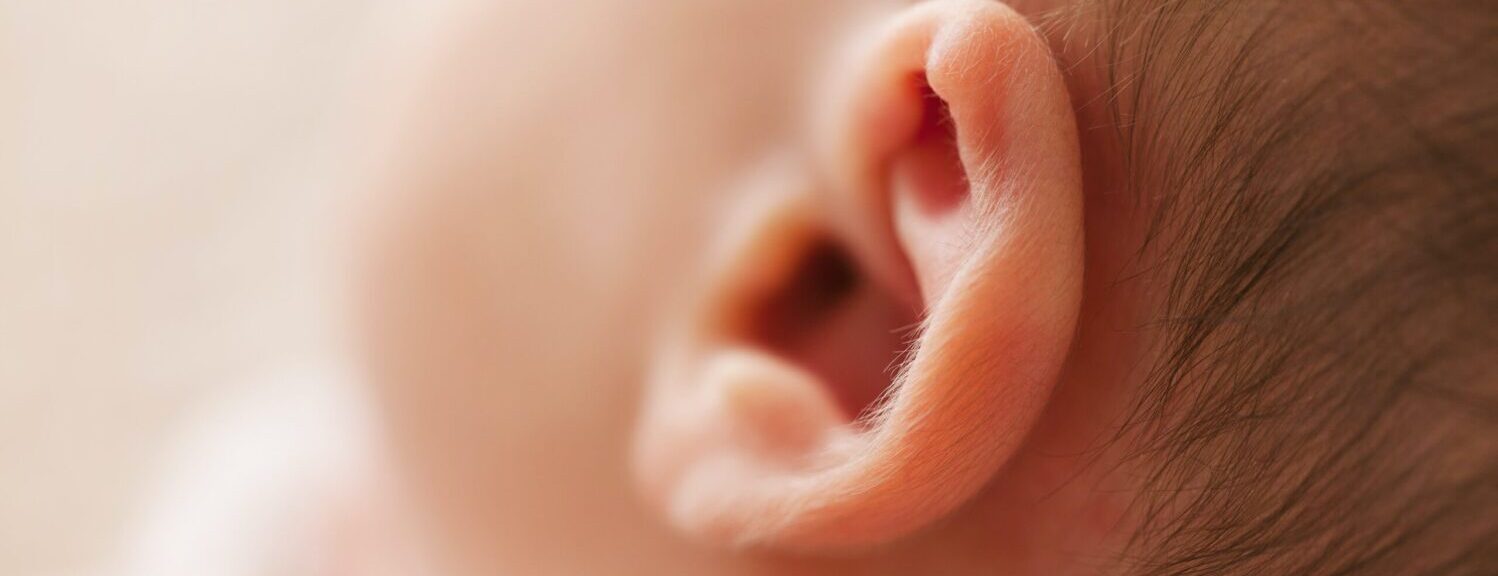Ear Infections, also called: Otitis Externa
An ear infection is caused by inflammation of the inner, middle, or outer ear, often with infection. An ear infection usually begins after a child has had a cold, sore throat, or upper respiratory infection caused by bacteria. When a child experiences sickness caused by bacteria, it is more likely for that same bacteria to spread, causing an ear infection.
1. Does your child have an ear infection?
An ear infection can happen to your child at any time. Here are some signs and symptoms to watch for:
- Tugging, pulling, or scratching at their ear
- Excessive fussiness and crying
- Trouble sleeping or staying asleep
- An unexplained fever (especially in infants and younger children)
- Fluid draining from the ear
- Clumsiness or problems with balance
- Trouble hearing or responding to quiet sounds
2. Why do children get ear infections more than adults?
- Eustachian tubes are smaller in children. When swollen or blocked due to sickness, fluid has a more challenging time draining, which can cause infection.
- A child’s immune system is still developing. This means their bodies are learning how to protect themselves and fight off bacteria and viruses.
3. How can I comfort my child with an ear infection?
- Tylenol or Ibuprofen can help ease discomfort.
- For children younger than six months – give acetaminophen, such as Tylenol.
- For children older than six months – give acetaminophen or Ibuprofen.
- Place a cold pack or warm compress over your child’s ear
- Keep child hydrated
- Elevate the child’s head
- Run a humidifier in your child’s room to help improve nasal congestion.
4. When should you call your doctor?
Here are our recommendations:
- If your child exhibits the symptoms above
- If your child has a persistent fever
- Ear pain is severe, or crying becomes nonstop
- If the ear is draining or has excessive discharge
- If your child has recently been sick with a cold or upper respiratory sickness
5. What treatments are available for my child with an ear infection?
- Some ear infections may get better without antibiotics. Your pediatrician may monitor the infection for 24-72 hours.
- We may recommend using pain-relieving ear drops as long as the eardrum isn’t ruptured.
- Other ear infections are treated with an antibiotic, such as amoxicillin.
If you suspect your child has an ear infection, your pediatrician can diagnose it and determine the appropriate treatment. We are here when you need us.

